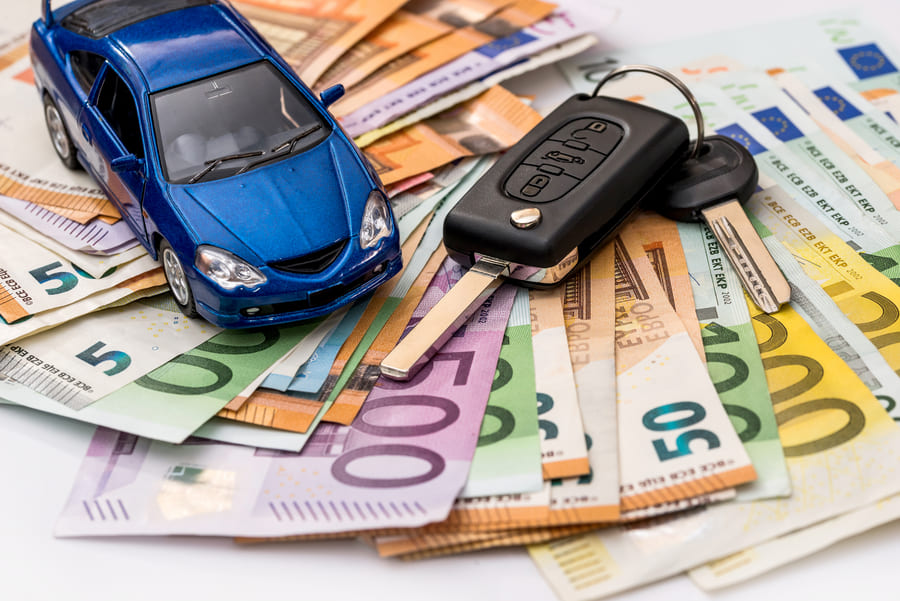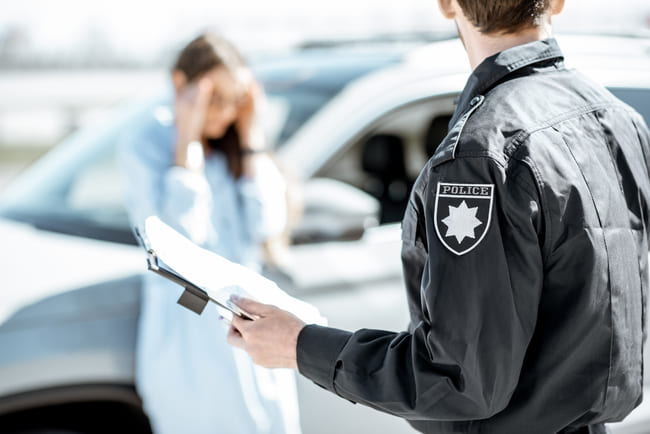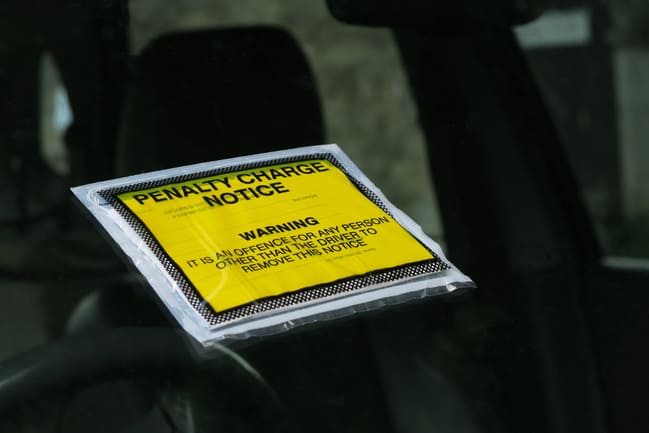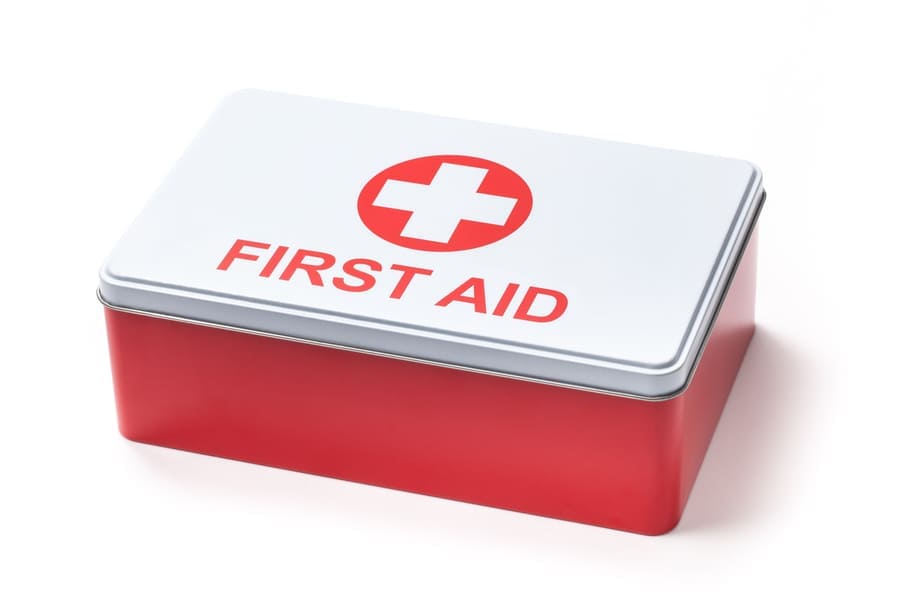
Every year, thousands of motorists get caught speeding in the UK. This number normally increases as speed detection technology is developed and more cameras are installed. According to government statistics, the UK saw a slight drop in speed compliance in 2020 as it seems that some drivers took advantage of the empty lockdown roads. When traffic decreases, more people begin to test the limits.
The penalties for speeding include fines and penalty points, which are added to your licence. The more severe the offence, the higher the penalty. If you are caught speeding by a camera, the police will have 14 days to send you a Notice of Intended Prosecution (NIP) outlining the details of the offence. This is sent to the registered owner of the vehicle, along with what’s known as a Section 172 notice. You have to return this form within 28 days and inform the police about who was driving the vehicle at that time. Once you have done this, you should receive a Fixed Penalty Notice (FPN) or a letter that says you need to go to court. If you ignore either notice, you may end up in court.
If the police catch you instead, the prosecution procedure will be a bit different. They have the power to let you off with a verbal warning or give you an FPN. Under more extreme circumstances, they may order you to go to court.

How far can you go over the speed limit before getting a ticket?
Technically, if you go even one mile over the speed limit, you are breaking the law and are therefore liable. However, if you are dealing with the police, they have a 10% plus 2 mph ‘guideline’ buffer which can be used at their discretion. This means that you might not get a ticket unless you are going 10% plus 2 mph or more above the limit. Motorists are strongly advised not to take any chances.
How much are speeding tickets?
The fine amount will largely depend on how fast you were going and where. The minimum fine for a minor offence is £100 with three penalty points. The maximum court imposed fine is still £2,500. There are three categories for calculating speeding fines: Band A, B and C.
For example, if you’re caught driving 35 mph in a 30 mph zone (Band A), you would normally only be fined around 50% of your weekly income. The tickets for Band B offences are usually around 100% of your weekly earnings, including 4-6 penalty points or a disqualification of 7-28 days. The standard punishment for a Band C offence is 150% of your weekly income. You could also face a driving ban for up to 58 days or have 6 penalty points added to your licence.
| speed limit (mph) | recorded speed (mph) | ||
|---|---|---|---|
| band a | band b | band c | |
| 20 | 21-30 | 31-40 | 41+ |
| 30 | 31-40 | 41-50 | 51+ |
| 40 | 41-55 | 56-65 | 66+ |
| 50 | 51-65 | 66-75 | 76+ |
| 60 | 61-80 | 81-90 | 91+ |
| 70 | 71-90 | 91-100 | 101+ |
Points for speeding
3 penalty points may not seem like much but if you receive 12 or more points within a period of 3 years, you could be disqualified from driving. The court will decide on the duration of the driving ban based on the seriousness of the offence. Generally speaking, in this case, the disqualification can last 6 months. This increases to 12 months if you get a second disqualification within 3 years, and up to 2 years if you receive a third one within that time frame. If you are disqualified for 56 days or more, you will have to apply for a new licence before being allowed to drive again. You may also be required to retake your driving test or take an extended test to do this. New drivers are subject to stricter regulations. Their driving licence can be revoked if they get 6 or more speeding points within 2 years of passing their driving test.
However, in minor cases, drivers are often offered a speed awareness course as an alternative to penalty points. The courses are run by external providers and you will be expected to cover course fees. Eligibility for participation depends on the recorded speed and whether you have had previous convictions for speeding in the last 3 years.
Can I dispute a speeding fine?
You can make an appeal when filling out the Notification of Intended Prosecution form. It’s important that you have a valid reason for your appeal because if it is rejected, the case will go to court. There is the risk that you could be fined more or receive more points if the court finds you guilty.
Valid grounds for a dispute:
Unfortunately, not knowing the speed limit or driving too fast due to a personal emergency are not seen as defensible reasons.








Comment